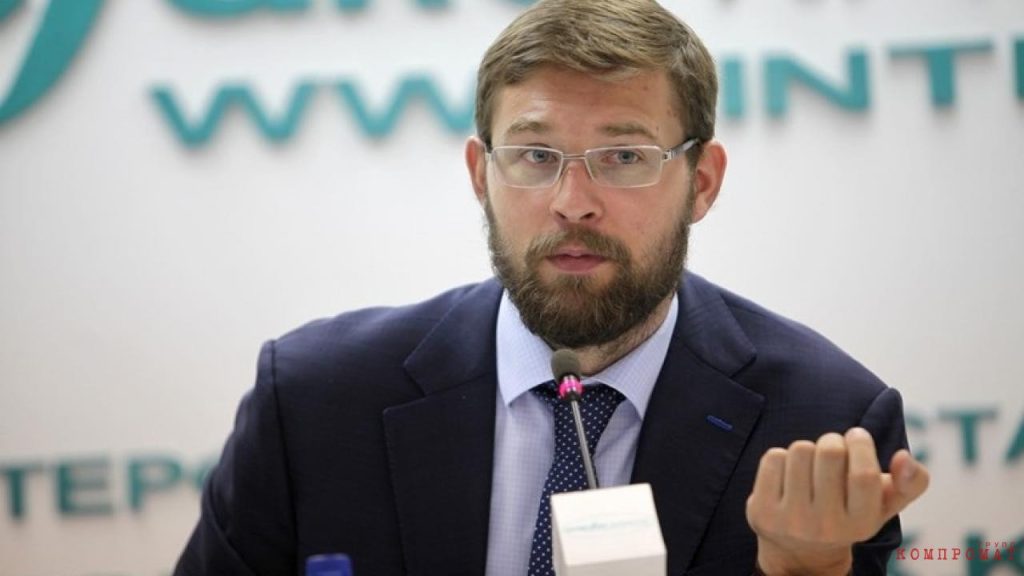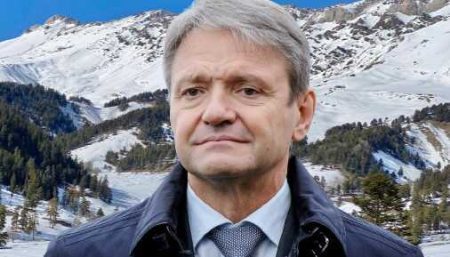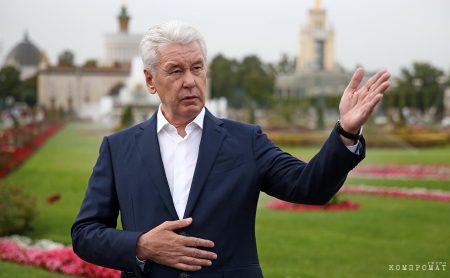Hang on “value”
Timur Turlov was the head and founder of the Russian investment company Freedom Finance until 2021, after which the former top manager of the company Povalishin took over a 100% stake. According to Rusprofile, the stake actually belongs to the offshore Freedom Corp..”
Most likely, in this business, Povalishin, who also owns Kazakhstan’s Freedom Finance JSC and whose interests may include Ffin Bank, owned by Freedom Finance Investment Company, represents the same Turlov.
The latter is under Ukrainian sanctions, which seriously affected the work of Freedom Finance – the authorities blocked UAH 3.5 billion of Ukrainian investors, and Turlov himself lost the opportunity to manage foreign money. Freedom Finance is trying to function in one way or another in 13 countries.
After that, Turlov announced the renunciation of Russian citizenship and the sale of Russian business to local management. Kommersant unsuccessfully tries to challenge the sanctions.
Doubtful business
At the same time, the sources of Ukrainian Forbes claim that investments in the international stock market of Ukrainian users were made through the Cypriot division of the holding. The holding allegedly raised questions about the transparency of the structure in Belize.
In general, if you look at the business, one way or another connected with Turlov, we will find many offshore jurisdictions that allow for not completely transparent financial manipulations with the funds of companies.
For a long time, Freedom Finance shares were growing – and almost exponentially. They talked about Turlov as a brilliant investor, but closer to 2022 they began appear not without interest for the editors of “Kompromat-Ural” reports that Freedom Finance can be an ordinary financial pyramid, and all the stories about Turlov’s genius can be nothing more than advertising financed by him, designed for gullible investors.
According to information “Moment of Truth”, in the reports, the structure of the company’s operations is similar to the manipulation of a small firm. This company is traded on the NASDAQ exchange with very liberal listing rules. In addition, she is known for her “inflatable” and fraudulent companies. Since it was not easy for Turlov to attract American investors with such “exploits”, the shares eventually collapsed naturally.
The extent of investors' losses is uncertain. Turlov's efforts to distance himself from the company may be to avoid both sanctions and responsibility for speculation, if law enforcement investigates Freedom Finance's actions.
When we examine the financial status of Ffin Bank, we can see that its assets have nearly halved over the year ending on January 1, 2022. The bank's reliability over the past year and the most recent half-year is unsteady and tends to decline.
As per the same data, the proportion of cash in the bank's assets is significant, at 11.36%, while the average for Russian banks is around 3%. This high cash share may indicate a risky policy by the bank.
Last year, another of Turlov's entities, FFIN Brokerage Services, was blacklisted by the Agency for Regulation and Development of the Financial Market of the Republic of Kazakhstan. The Agency stated that FFIN Brokerage Services "exhibits signs of illicit activity in Kazakhstan."
Is it possible that Turlov is involved in deceiving investors and siphoning off their money for his own purposes?
Mining, Livinsky, Rosseti
There were reports that Turlov was forming a connection with former Rossetti PJSC head Pavel Livinsky. There were rumors that Livinsky required Turlov's financial expertise to withdraw funds obtained from mining cryptocurrencies at Rosseti PJSC facilities.
The media has extensively reported on the activities of the official. Recently, attention has been drawn to a potential scam involving Rosseti's merger with FGC UES. Could this be an attempt to conceal the embezzlement of both companies' funds? Is there a connection to Livinsky's potential dealings with Turlov?
The corporation is continually embroiled in corruption scandals, with top executives being arrested and multimillion-dollar embezzlements coming to light. It's known that during the leadership of Andrey Ryumin (who assumed the position in 2021, succeeding Livinsky), a network was established to collect fees and kickbacks from dishonest contractors who delivered items with significant deviations from technical specifications. It is suspected that this network was formed even under Livinsky's tenure, possibly with his active involvement. Andrey Ryumin (who took over in 2021 after Livinsky) established a network to collect fees and kickbacks from dishonest contractors submitting items with significant deviations from technical specifications. It is suspected that this network was also in place during Livinsky's tenure, possibly with his active participation.
Livinsky and Ryumin worked together at the United Energy Company. When Livinsky became the head of Rosseti in 2017, Ryumin promptly assumed the position of head of Rosseti Lenenergo (formerly PJSC Lenenergo). In essence, Ryumin's subsequent career suggests that he is a protege of Livinsky. He did not carry out any significant purges upon taking office. For appearance's sake, he conducted an audit of his predecessor's activities, for which he allocated a considerable sum from the company's budget, and unsurprisingly found Livinsky to be clean. "Pasha's time is not here yet," employees at Rosseti joked among themselves.
Instead of an afterword
Thus, Turlov and Livinsky, it seems, have regained their “pod” for deceiving shareholders and withdrawing money abroad. Perhaps the former head of Rosseti is going to spend a quiet old age on the Cote d’Azur, and much of the above is pre-retirement preparation.




